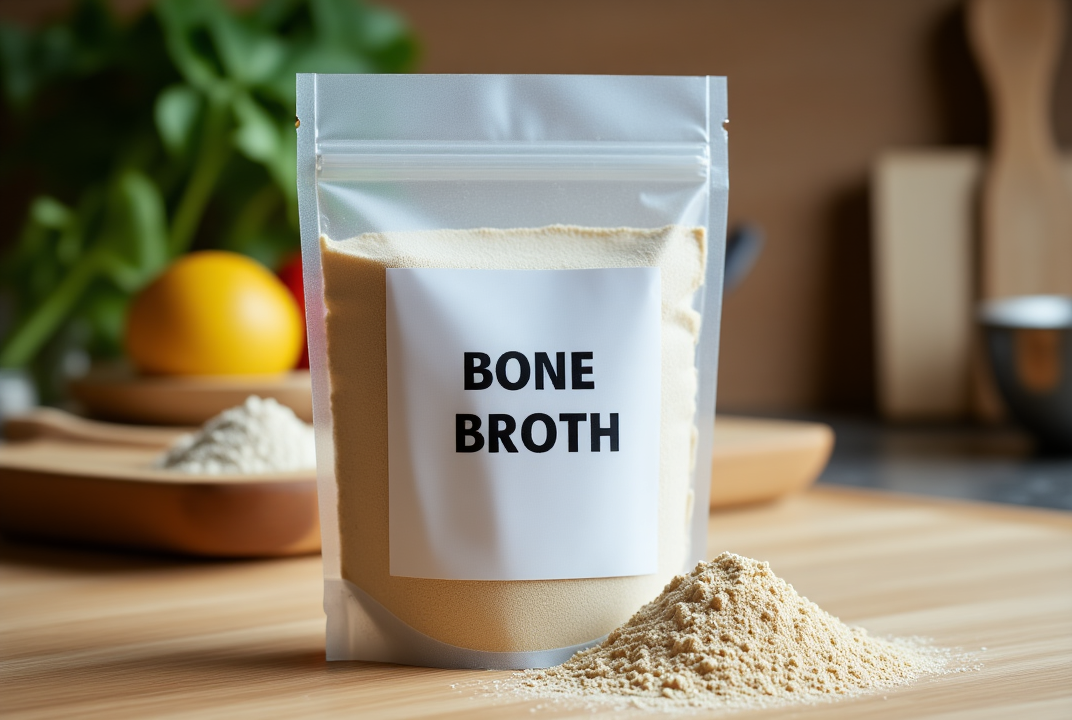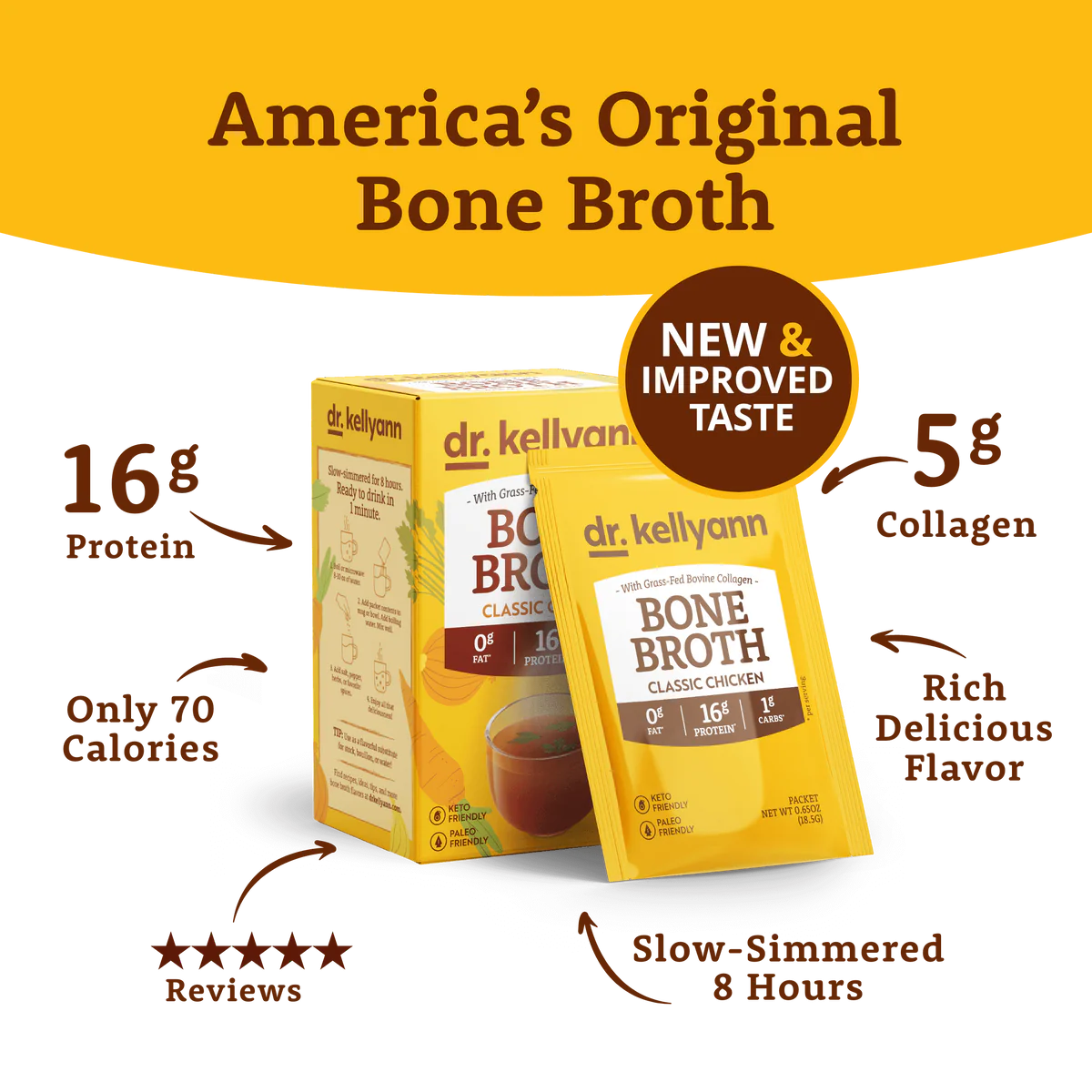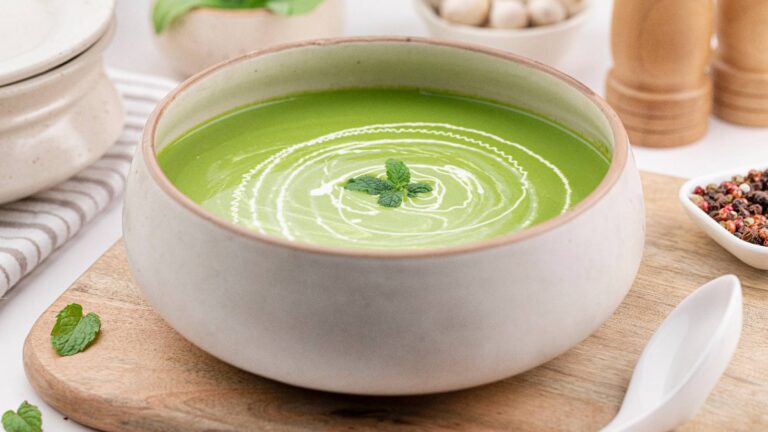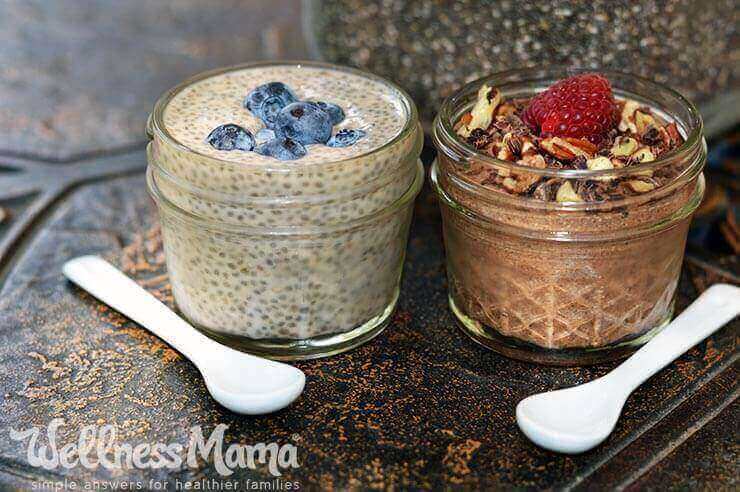
Bone broth has surged in popularity among health-conscious individuals and fitness enthusiasts, but does it truly deliver when it comes to protein content? As more people seek out high-protein, low-calorie foods to support muscle recovery, weight management, and overall wellness, understanding the real nutritional value of bone broth is essential. In this article, we’ll break down the protein content of bone broth, compare it to other popular protein sources, and help you decide if it deserves a place in your diet.
What Is Bone Broth?
Bone broth is a nutrient-rich liquid made by simmering animal bones and connective tissues—typically from chicken, beef, or fish—along with water, vegetables, and herbs for an extended period, often 12 to 24 hours. This slow cooking process extracts valuable nutrients such as collagen, amino acids, minerals, and gelatin, resulting in a flavorful broth that is both nourishing and easy to digest. Traditionally used as a base for soups and stews, bone broth has gained popularity as a standalone beverage and a functional food, prized for its potential benefits to joint health, gut function, and overall wellness.
Does Bone Broth Have Protein?
Yes, bone broth does contain protein, primarily in the form of collagen and gelatin that are released from the bones and connective tissues during the slow simmering process. While the exact protein content can vary depending on the type of bones used and the length of cooking, a typical cup of bone broth provides between 6 to 12 grams of protein. This makes bone broth a moderate source of protein compared to other options like meat or whey protein, but it stands out for its unique amino acid profile, which supports joint, skin, and gut health. For those seeking a nourishing, easy-to-digest protein source, bone broth offers a natural and flavorful option.

What Are The Benefits Of Bone Broth?
Supports Joint Health
Bone broth is rich in collagen, gelatin, and amino acids like glycine and proline, which are essential for maintaining healthy joints and connective tissues. Regular consumption may help reduce joint discomfort, improve mobility, and support cartilage repair, making it especially beneficial for athletes, active individuals, and those with joint concerns.
Promotes Gut Health
The gelatin in bone broth helps soothe and strengthen the gut lining, which can aid digestion and support overall gut integrity. This makes bone broth a popular choice for individuals with digestive issues, as it may help reduce inflammation and promote a balanced gut microbiome.
Enhances Skin, Hair, and Nail Health
Collagen and other nutrients found in bone broth contribute to stronger, more resilient skin, hair, and nails. By supporting the body’s natural production of collagen, bone broth can help improve skin elasticity, reduce the appearance of wrinkles, and promote a healthy, youthful complexion.
Aids in Muscle Recovery
Bone broth provides a source of easily digestible protein and amino acids, which are vital for muscle repair and recovery after exercise. Including bone broth in your diet can help support muscle growth, reduce post-workout soreness, and optimize recovery for fitness enthusiasts and athletes.
Supports Immune Function
Packed with minerals such as calcium, magnesium, and phosphorus, bone broth helps nourish the immune system and maintain overall wellness. The amino acids and nutrients in bone broth may also help reduce inflammation and support the body’s natural defense mechanisms, making it a comforting choice during cold and flu season.
Bone Broth Protein Content
|
Type of Bone Broth |
Typical Protein per 1 Cup (8 oz) |
Flavor Profile / Key Ingredients |
|
Chicken Bone Broth |
6–10 grams |
Mild, savory; chicken bones, vegetables |
|
Beef Bone Broth |
8–12 grams |
Rich, hearty; beef bones, aromatics |
|
Thai Lemongrass Bone Broth |
6–10 grams |
Bright, citrusy; lemongrass, ginger, herbs |
|
French Onion Bone Broth |
6–10 grams |
Sweet, savory; caramelized onions, herbs |
|
Rosemary Thyme Bone Broth |
6–10 grams |
Herbal, aromatic; rosemary, thyme, chicken or beef bones |
|
Sriracha Chicken Bone Broth |
6–10 grams |
Spicy, tangy; sriracha, chicken bones, garlic |
Does Bone Broth Count As A Complete Protein?
Bone broth is not considered a complete protein because it does not contain all nine essential amino acids in the optimal proportions required by the human body. While bone broth is rich in certain amino acids like glycine, proline, and glutamine—especially those that support joint, skin, and gut health—it is relatively low in others, such as tryptophan. For this reason, bone broth is best enjoyed as a complementary protein source alongside other foods that provide a more balanced amino acid profile, rather than as your sole source of dietary protein.
How Does Bone Broth Protein Compare To Meat, Eggs, Or Protein Powder?
Bone broth protein differs from meat, eggs, and protein powder in both quantity and amino acid profile. While a cup of bone broth typically provides 6–12 grams of protein, the same serving of cooked meat or eggs delivers around 20–25 grams, and protein powders can offer 20 grams or more per scoop. Additionally, meat, eggs, and most protein powders are complete proteins, containing all nine essential amino acids in optimal ratios, whereas bone broth is not a complete protein and is particularly rich in collagen-specific amino acids like glycine and proline. This makes bone broth an excellent complement to a balanced diet, especially for supporting joint, skin, and gut health, but it should not be relied upon as the primary source of protein for muscle building or overall protein needs.
Can Bone Broth Replace Other Protein Sources In Your Diet?
Bone broth can be a valuable addition to your diet, but it should not replace other primary protein sources. While it offers unique benefits—such as collagen, gelatin, and specific amino acids that support joint and gut health—it lacks the complete amino acid profile and higher protein content found in foods like meat, eggs, dairy, or protein powders. For optimal health, muscle maintenance, and recovery, it’s important to include a variety of protein sources that provide all essential amino acids. Bone broth works best as a nourishing supplement to a balanced diet, rather than a substitute for more complete and concentrated protein options.

Tips For Choosing The Right Bone Broth
- Check the Ingredients: Look for bone broth made with real, whole-food ingredients—such as bones, vegetables, herbs, and spices—without artificial additives, preservatives, or flavor enhancers.
- Prioritize Quality Sourcing: Choose broths made from grass-fed, pasture-raised, or organic animals to ensure higher nutrient content and fewer contaminants.
- Review Protein Content: Compare labels to find bone broths with higher protein per serving, ideally 8 grams or more per cup, for maximum nutritional benefit.
- Assess Flavor and Sodium Levels: Opt for varieties with balanced flavor and moderate sodium content, especially if you’re watching your salt intake or plan to use the broth in recipes.
- Consider Packaging and Preparation: Select bone broth that fits your lifestyle, whether it’s shelf-stable cartons, frozen options, or convenient single-serve packets, and ensure it’s easy to prepare and store.
Conclusion
Bone broth is a nourishing, protein-rich addition to a balanced diet, offering unique benefits thanks to its collagen, gelatin, and amino acid content. While it doesn’t provide as much protein or a complete amino acid profile like meat, eggs, or protein powders, it stands out for supporting joint, gut, and skin health. For health-conscious individuals, fitness enthusiasts, and anyone seeking a flavorful, easy-to-digest protein source, bone broth can be a valuable supplement to other high-quality proteins. By choosing well-sourced, high-protein varieties and incorporating bone broth alongside a diverse range of protein foods, you can enjoy its wellness benefits while meeting your overall nutritional needs.
Final Thoughts
Looking for a convenient way to enjoy the benefits of bone broth? Discover Dr. Kellyann’s bestsellers, which include wholesome varieties like chicken, beef, and french onion—all free from GMOs and added sugars. These broths offer a delicious, effortless way to support your gut and overall health. Visit Dr. Kellyann’s to explore the collection and find your new favorite flavor.
Sources
- https://en.wikipedia.org/wiki/Stock_(food)
- https://www.piedmont.org/living-real-change/what-is-a-complete-protein
- https://aminoco.com/blogs/nutrition/eggs-vs-protein-powder






